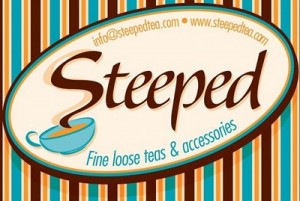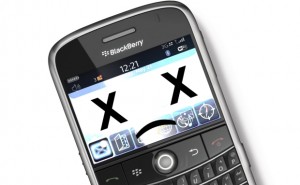
What better opportunity for brand recognition and association then the Olympic Games? Samsung Canada, the global marketing partner of the International Olympic Committee and the Canadian Olympic Committee Sponsor, revealed its clever marketing plan for the Sochi Olympic Games this winter. The smartphone promoting plan entails the slogan “Bring it Home” and a contest to send Canadians to Sochi as “mobilers” who will keep the nation updated on current events with statuses, photos and blogs. The company will also launch a tour called “Notes from Home” that will exclusively allow Galaxy smartphone and tablet users to send messages to athletes. As for the sponsorship of athletes? Steven Stamkos and Hayley Wickenheiser, arguably the current two most popular hockey athletes, top the list. Many companies have sponsored the games though, what point of difference does Samsung have to offer? The fortuity for consumers to win the contest will draw attention to Samsung’s Galaxy product line months before the Games even begin. Extra media attention will revolve around the fact that one lucky “Average Joe”, not your usual broadcaster, gets to captivate the nation with Olympic updates, all from a Samsung Galaxy product.
Source: http://www.theglobeandmail.com/report-on-business/industry-news/marketing/samsung-announces-marketing-plans-for-sochi-winter-games/article14975823/?cmpid=rss1&utm_source=feedburner&utm_medium=feed&utm_campaign=Feed%3A+TheGlobeAndMail-Front+%28The+Globe+and+Mail+-+Latest+News%29#dashboard/follows/
Source: http://popsop.com/wp-content/uploads/samsung_olympics_bloggers_01.jpg


